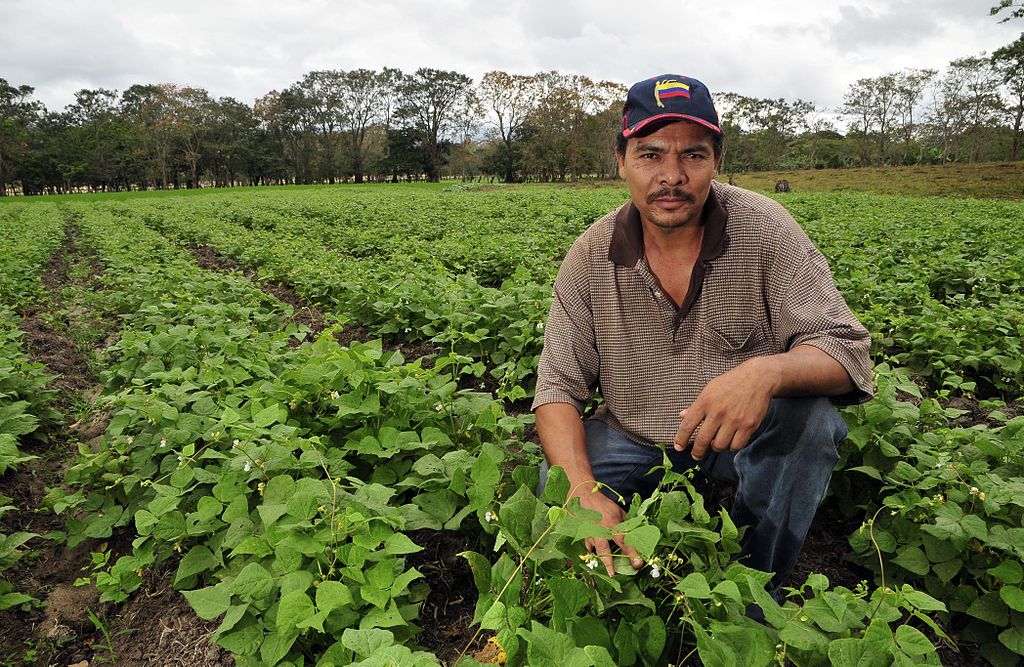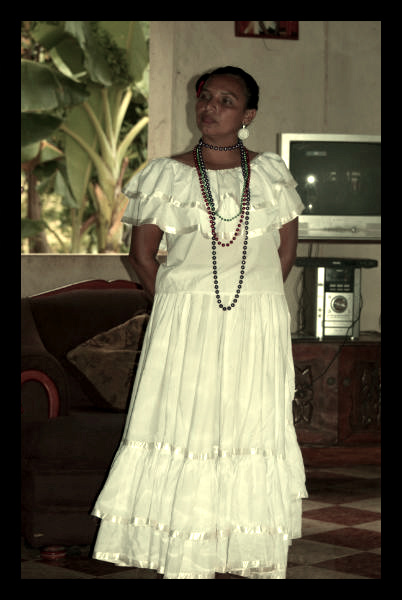
Many know Uganda, a landlocked country in East Africa, for its conservation of mountain gorillas and agricultural exports of cash crops like coffee, cotton, tea and tobacco. The nation is also home to the highest refugee population in all of Africa. About 76% of citizens reside in rural locations and the agriculture industry is responsible for the employment of about 73% of the workforce. According to Opportunity International, 41% of Ugandans endure circumstances of poverty. The nation’s agriculture sector presents the most opportunities for low-income families, youth and refugees to avoid poverty. Shares Uganda has tapped into the natural resources and rich agriculture aspects of Uganda to help aid impoverished populations.
Shares Uganda
The company’s main business objective is to “develop, finance, process and export added value organic agricultural commodities in Uganda in direct cooperation with small scale farmers.” These farmers, who also receive support to obtain organic certification, undergo training “to enhance productivity and to ensure a profitable and fair income with guaranteed procurement.” According to its website, Share Uganda’s overall mission is to create “organic and fair trade added value production chains locally that are ecologically, socially and economically sound” while benefiting “all parties in the chain.”
The organization contracts farmers in Uganda to grow organic produce like bird’s eye chilies, chia and sesame seeds for export to Europe. Other produce like sunflower seeds, beans and fruit are a priority to produce because they are in high demand in Uganda.
Registered farmers go through training to “produce a sustainable market-driven product.” Once farmers produce their crops, Shares Uganda purchases the produce directly from farmers, negating the need for a middleman. Without a middleman, farmers are able to receive higher compensation for their produce. The company also runs “a training program to stimulate Village Loan and Saving Associations that help” farmers to increase productivity and rely less on costly microfinance loans.
At the marketing phase, field officers monitor “every organic store on organic conformities, documentation and aspects of quality.” Before the growing season is over, the officers then “provide marketing training to each store official on record keeping, marketing and accountability.” This ensures high-quality products aligned with international standards.
Positive Impacts
The efforts of Shares Uganda positively impact communities in Uganda. Shares Uganda’s initiatives have led to increased income for farmers, enabling them to improve their quality of life. With more income, farmers are able to afford improved housing, access adequate education and health care services as well as necessary medicines. With the ability to afford the costs of education, school enrollment rates are increasing. According to the World Bank, primary school enrollment rates in Uganda have risen over the years, standing at about 95% in 2013. Furthermore, from 2013 to 2017, poverty in the northern region of Uganda decreased from 44% to 33%.
Looking Ahead
Results of drought in recent years have pushed back individuals into poverty, though, making the resources and support available through outside organizations that much more essential for farmers in Uganda. Over the past decade, Uganda has made strides to mitigate poverty with the help of organizations like Shares Uganda making the most of agricultural opportunities.
– Makena Roberts
Photo: Flickr

 Nicaragua, a Central American nation between the Pacific and the Caribbean Sea, has a population of more than 6 million. Unfortunately, homelessness is a current struggle in the country. The homeless are known as some of the most marginalized groups in Nicaragua, and the population of homelessness is only increasing. Currently, around “30% of the population lives on about$2 per day.” As Nicaragua lacks the key characteristics of a well-developed country, a correlative relationship between development and homelessness. Here are four facts about homelessness in Nicaragua.
Nicaragua, a Central American nation between the Pacific and the Caribbean Sea, has a population of more than 6 million. Unfortunately, homelessness is a current struggle in the country. The homeless are known as some of the most marginalized groups in Nicaragua, and the population of homelessness is only increasing. Currently, around “30% of the population lives on about$2 per day.” As Nicaragua lacks the key characteristics of a well-developed country, a correlative relationship between development and homelessness. Here are four facts about homelessness in Nicaragua.



